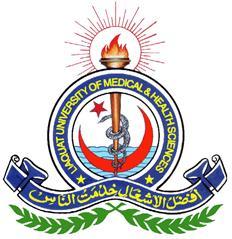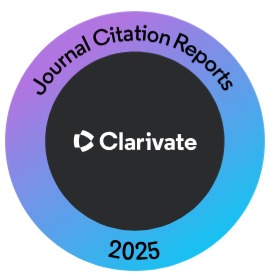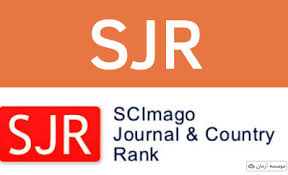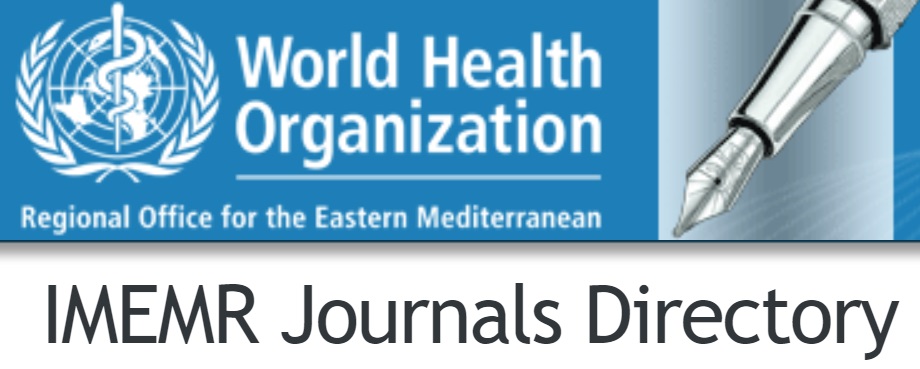Food Taboos and Cultural Beliefs among Pregnant Mothers in Rural Sindh
Abstract
Objective: To identify food beliefs, dietary practices and their determinants among pregnant women of rural Sindh.
Methodology: This cross-sectional study involved 180 pregnant women attending antenatal clinic of Muhammad Medical and Dental College. Participants were selected randomly.Inclusion criteria were pregnant women with any gestational age. Exclusion criteria were those pregnant women with any obstetrical emergency attending O.P.D. Information was collected on preformed questionnaire by interviewing pregnant women from July 2020 to December 2020. Information about their sociodemo-graphic features, food beliefs and taboos and their knowledge about dietary intake in pregnancy was recorded. Data was analysed using SPSS version 22. Descriptive analysis was performed. Chi-square test is used to assess the association. P value of <0.005 was considered to be significant.
Results: In a total of 180 women selected for the study, 98% women believed that women should take good diet and increase calorie intake during pregnancy, but majority (90%) of participants had some kind of food taboos and beliefs during pregnancy. Most protein rich food avoided were classified as ‘hot foods' considered to cause abortion and preterm birth. Orange, bananas were considered as ‘cold foods' and lead to sore throat and cough. Dry fruits were avoided because of belief that these will increase birth weight of foetus.
Conclusion: Majority of the pregnant mothers were observed to follow one or more food taboos irrespective of parity, gestational age, monthly income, occupation and educational status with significant association.
Key words: Food taboos, Cultural, Beliefs, Pregnant, Mothers, Rural Sindh
Downloads
Published
How to Cite
Issue
Section
License
Copyright (c) 2022 Journal of Liaquat University of Medical & Health Sciences

This work is licensed under a Creative Commons Attribution-NonCommercial-ShareAlike 4.0 International License.
Submission of a manuscript to the journal implies that all authors have read and agreed to the content of the undertaking form or the Terms and Conditions.
When an article is accepted for publication, the author(s) retain the copyright and are required to grant the publisher the right of first publication and other non-exclusive publishing rights to JLUMHS.
Articles published in the Journal of Liaquat University of Medical & health sciences are open access articles under a Creative Commons Attribution-Noncommercial - Share Alike 4.0 License. This license permits use, distribution and reproduction in any medium; provided the original work is properly cited and initial publication in this journal. This is in accordance with the BOAI definition of open access. In addition to that users are allowed to remix, tweak and build upon the work non-commercially as long as appropriate credit is given and the new creations are licensed under the identical terms. Or, in certain cases it can be stated that all articles and content there in are published under creative commons license unless stated otherwise.























